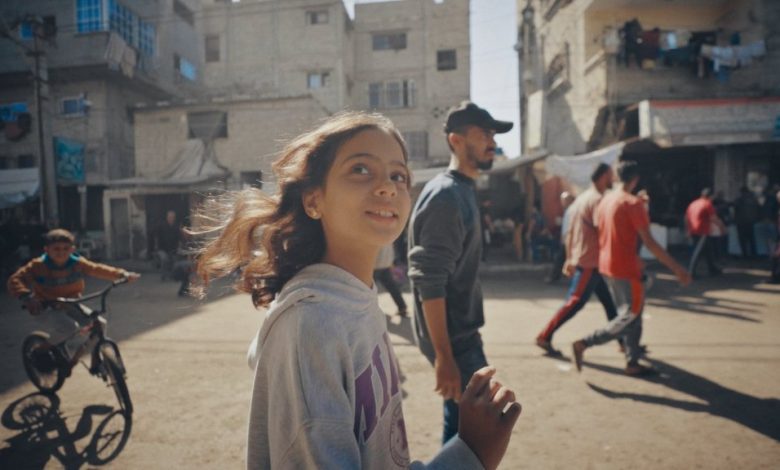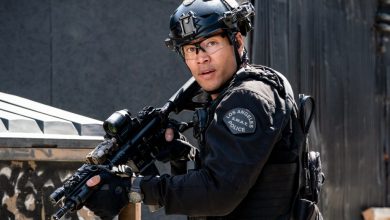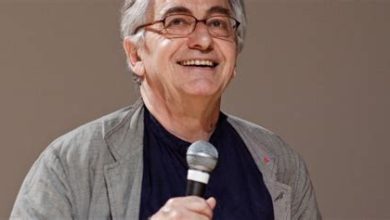BBC Investigation into Gaza Documentary Controversy: How “How to Survive a Warzone” Became a Crisis

The BBC is poised to publish a delayed and highly anticipated investigation into the controversy surrounding the documentary Gaza: How to Survive a Warzone. Originally aired in February, the film offered an unflinching look at life in Gaza through the eyes of three young people. However, it quickly became embroiled in controversy after it was revealed that the documentary’s narrator, Abdullah Al-Yazouri, is the child of a Hamas minister — a critical detail that was not disclosed to viewers. The documentary was subsequently removed from BBC iPlayer.
Peter Johnston, the BBC’s director of editorial complaints and reviews, has been leading a forensic inquiry into how such a significant oversight occurred. His findings are expected to be severely critical of the BBC’s editorial processes, although some accuse the corporation of marking its own homework. Johnston’s review will determine if editorial rules were broken and may pave the way for disciplinary action.
Background of the Controversy
Produced by independent company Hoyo Films, led by Emmy and BAFTA-winning filmmaker Jamie Roberts, the documentary was overseen by senior BBC editors including Joanna Carr, Gian Quaglieni, and Sarah Waldron. However, sources reveal tension within the BBC as multiple individuals involved have secured legal counsel while Johnston completes his investigation.
The BBC initially blamed Hoyo Films for failing to disclose Al-Yazouri’s Hamas connections but later admitted it should have exercised greater oversight. Additional scrutiny is expected regarding payments made during production and whether any funds inadvertently benefited Hamas.
The Investigative Process and Internal Tensions
Johnston’s investigation follows a Maxwellisation process, allowing those implicated to respond to criticisms before the report’s publication. This “quasi-legal” procedure has reportedly been complex due to conflicting narratives and widespread concern about potential scapegoating within the BBC.
See More ...
The investigation has drawn intense political and public scrutiny. Culture Secretary Lisa Nandy has publicly pressed the BBC for accountability, questioning why no one has been held responsible so far. Meanwhile, various advocacy groups and public figures — from Jewish television executives to prominent Palestinian supporters like Gary Lineker and Ken Loach — have weighed in, debating whether the documentary’s removal from iPlayer constituted censorship.
BBC Chair Samir Shah has described the controversy as a “dagger to the heart” of the corporation’s impartiality and trustworthiness, suggesting the core issue may lie not in procedural failings but in individuals not fulfilling their duties.
What to Expect
The report, delayed beyond its original timeline, is set to be released alongside other BBC investigations and the corporation’s annual report. It will likely reveal new details about the editorial lapses and internal responses, shaping the future of BBC documentary standards and public trust.




